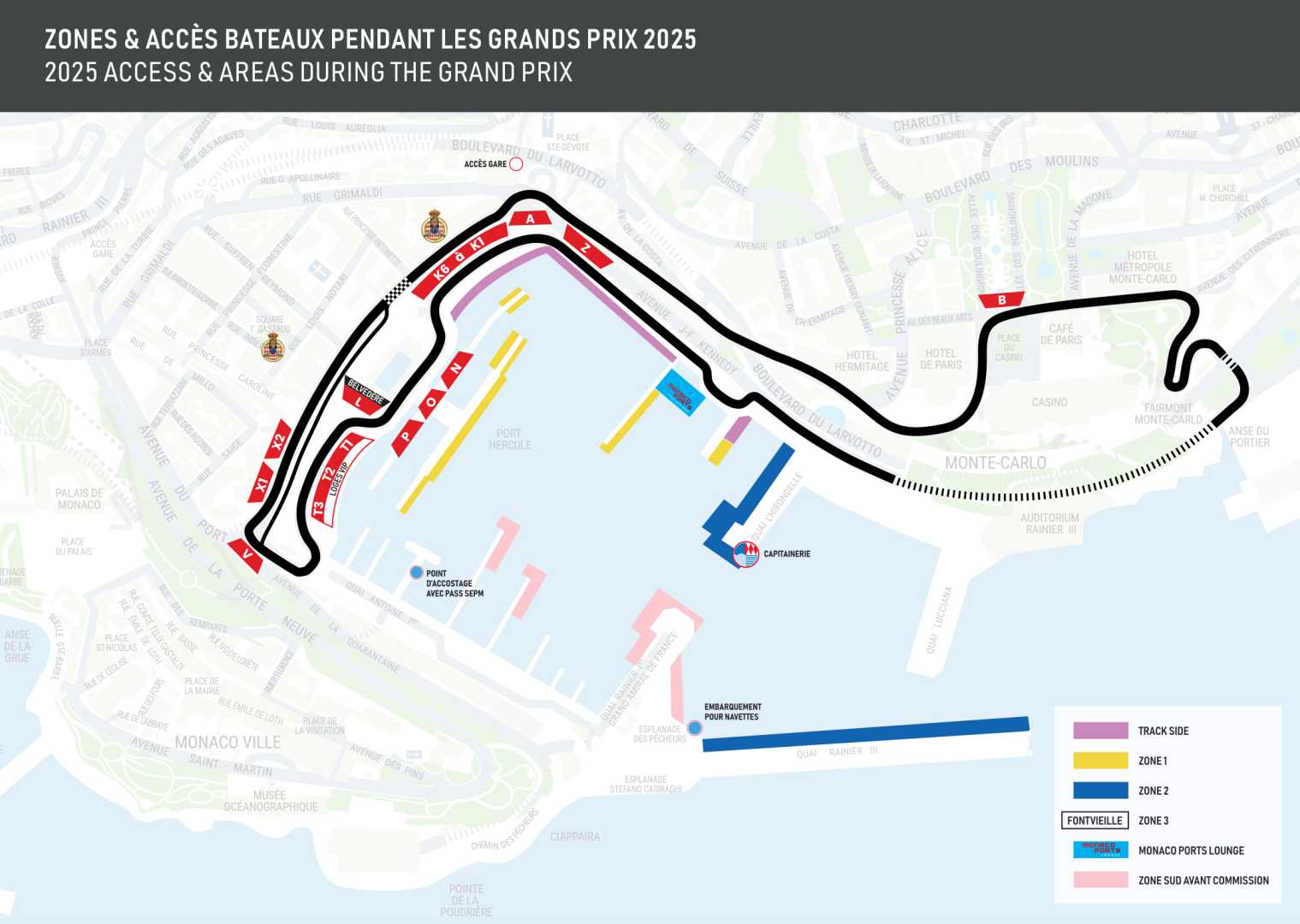Sports
New Two-Stop Rule Introduced for Monaco Grand Prix

MONTE CARLO, Monaco — Formula 1 will implement a mandatory two-stop rule for each driver during the 2025 Monaco Grand Prix, a change aimed at boosting excitement in this year’s race on May 25. Traditionally, races often feature a one-stop strategy, limiting overtaking opportunities on the narrow streets of Monte Carlo.
Under the new regulations, each driver is required to use at least three different sets of tyres throughout the 78-lap event. This means that all competitors must pit at least twice during the race, increasing the potential for strategic variations and unpredictable race outcomes.
If the race is held under dry conditions and drivers do not utilize intermediate or wet tyres, they must still run at least two different slick tyre compounds across their stints. In wet conditions, drivers can mix slick, intermediate, or full wet tyres to comply with the new rule.
Pirelli, the official tyre supplier, has confirmed that drivers will have two sets of hard tyres, three medium tyres, and eight soft tyres for use during the event, along with an additional set of full wet tyres in case of extreme weather.
Reigning World Champion Max Verstappen welcomed the change, anticipating a more dynamic race. “I think it will spice it up probably a bit more,” he said. “With the two-stop rule, people might gamble on when to box, and hopefully it will lead to some interesting moments.”
Pierre Gasly, another driver, echoed this sentiment, noting, “There are opportunities for surprises, which we should embrace. I think this will open up new strategies that we need to manage carefully.”
Fernando Alonso added that the two-stop format may shake up the usual race dynamics, creating more opportunities for drivers to advance positions. Newcomer Ollie Bearman also emphasized that the strategy will depend significantly on grid positions after qualifying, making pre-race strategy formulation critical.
The two-stop regulation is documented in Article 30.5 of the Sporting Regulations; failure to comply by not using the required number of sets will result in disqualification or time penalties. “This rule aims to add excitement and unpredictability to races that have often been straightforward,” said a F1 spokesperson.
As teams prepare for a challenging weekend in Monte Carlo, all eyes will focus on how the new rules influence driver strategies and race outcomes during one of motorsport’s most prestigious events.












